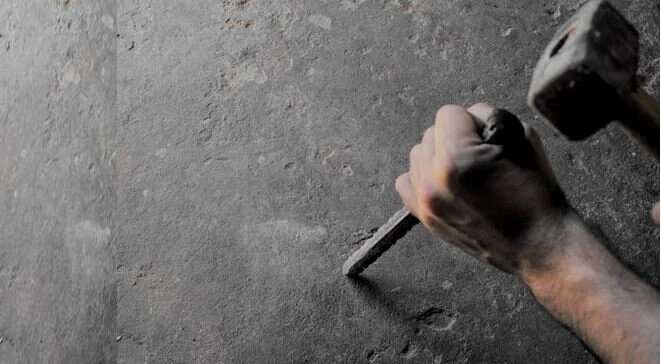Are NSAIDs Safe to Use for Sports Injuries?
As a person who has participated in sports and intense exercise for much of my life I am quite familiar with physical pain. Most of us in fact if not all of us have experienced body aches associated with an overly active weekend, a weekend warrior lifestyle, trying new things on vacation or maybe a mishap. All that matters is that you are hurting, so what should you do? The common answer is to reach for a bottle of pain meds. The most commonly considered meds are NSAIDs (non-steroidal anti-inflammatory drugs). They must be pretty safe right? After all you can find them on the shelves of most markets and pharmacies right there next to the aspirin. What if I said not so fast?
What Are NSAIDs?
NSAIDs are a class of non-steroid drugs that lower inflammation. They work by blocking COX 1 and COX 2 enzymes that produce prostaglandins (chemicals that promote inflammation, pain and fever). There are many different NSAIDs on the market some OTC and others by prescription. Some block only COX 1 others COX 2 and some affect both.
Uses of NSAIDs
These medications are commonly used for pain relief, fever reduction, reducing inflammation and in the case of aspirin preventing blood clots. They are commonly used for headaches, menstrual cramps, sports injuries, arthritis pain, and cold and flu associated fever.
NSAIDs Warning
As with all medications there are side effects. The most common are: nausea, vomiting, diarrhea, dizziness, rash and constipation. These medications call also interact with BP medications, diuretics, blood thinners and other NSAIDs.
Of greater concern is that NDAIDs can lead to serious digestive issues such as erosions in the stomach and intestines as well as kidney failure. This is particularly true for non-specific and COX 1 selective versions.
In 2005 the FDA warned of increased risks of heart attack and stroke with the use of NSAIDs. In 2015 the FDA took the rare step of strengthening their warning. This was partly due to the increased availability and use of these medications for even mild and moderate pain. NSAIDs may also elevate blood pressure and cause heart failure. This was brought to light when it was found that a COX 2 inhibitor (Vioxx) caused as many as 140,000 heart attacks in the US over a 5 year period. I know, crazy right? Vioxx was removed from the market in 2004. Further studies showed that the risk was not exclusive to Vioxx, but associated to all NSAIDs.
Additional studies show that NSAIDs interfere with the healing of bone tissue, delaying union. This is a widely accepted fact. Furthermore NSAIDs appear to slow the healing of tendon as well. For athletes, weekend warriors and otherwise active people this is precisely the opposite of what you are hoping for. What we know about the healing process is that along with the inflammatory markers growth factors also swarm to the area of injury. This is why pro-inflammatory treatments like PRP are used by athletes to speed recovery. With this in mind delaying the use of NSAIDs for 1-2 weeks would yield a better result.
Low use of NSAIDs should not constitute much of a concern in those without heart disease. This means taking only the minimum effective dose not to exceed the prescribed amount and not taking them for more than 2 weeks. So, if your use is for something like a headache or cramps then by all means do so if you find it helps. If it’s a sport injury, I would hold off and try an alternative.
Alternatives
For simple pain or headaches acetaminophen (a non- NSAIDs) may work well. Additionally for muscle or joint pain heat and ice compresses are very effective. Generally ice for the first 2 days post injury then heat works well. Add light compression and elevation if it’s a limb. For larger areas of pain warm (not hot) Epsom salt baths can do the trick. (The salty water draws fluids from the body reducing inflammation). Excessively hot baths can increase inflammation over the first couple of days post injury, so I would avoid this. Topicals like Icy hot can help mask pain or you can try a CBD infused rub. Longer term, acupuncture may also help. Of course the best option is to not get hurt in the first place, so let’s play safe out there.
References:
Health.harvard.edu –FDA strengthens warnings that NSAIDs increase heart attack and stroke risk.
Journals.lww.com/jaaos – Effect of NSAIDs on Bone Healing Rates
Ncbi.nim.nih.gov – Anti-inflammatory Management for Tendon Injuries – friends or foes?
RXlist.com NSAIDs Non- Steroidal Inflammatory Drugs
Ncbi.nim.nih.gov – Anti-inflammatory and side effects of cyclooxygenase inhibitors
Uptodate.com – NSAIDs : Adverse cardiovascular effects
Mayoclinic.org – NSAIDs, Do they increase my risk of heart attack or stroke?

